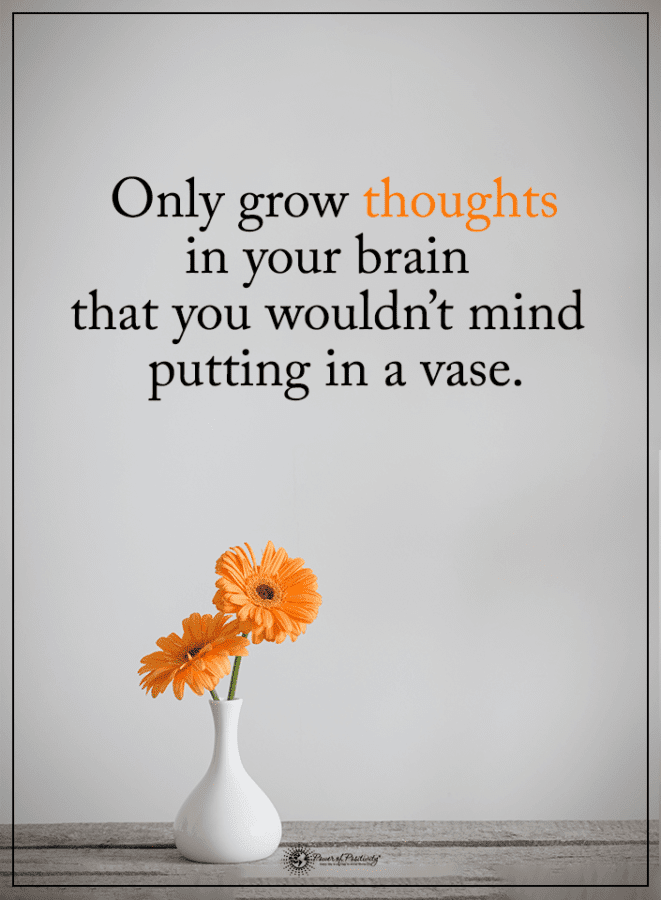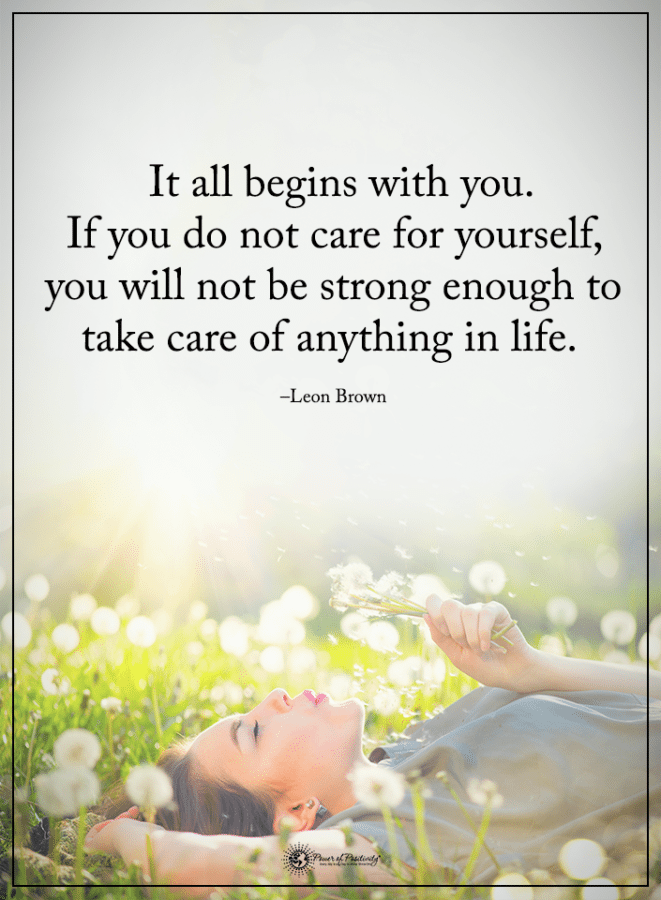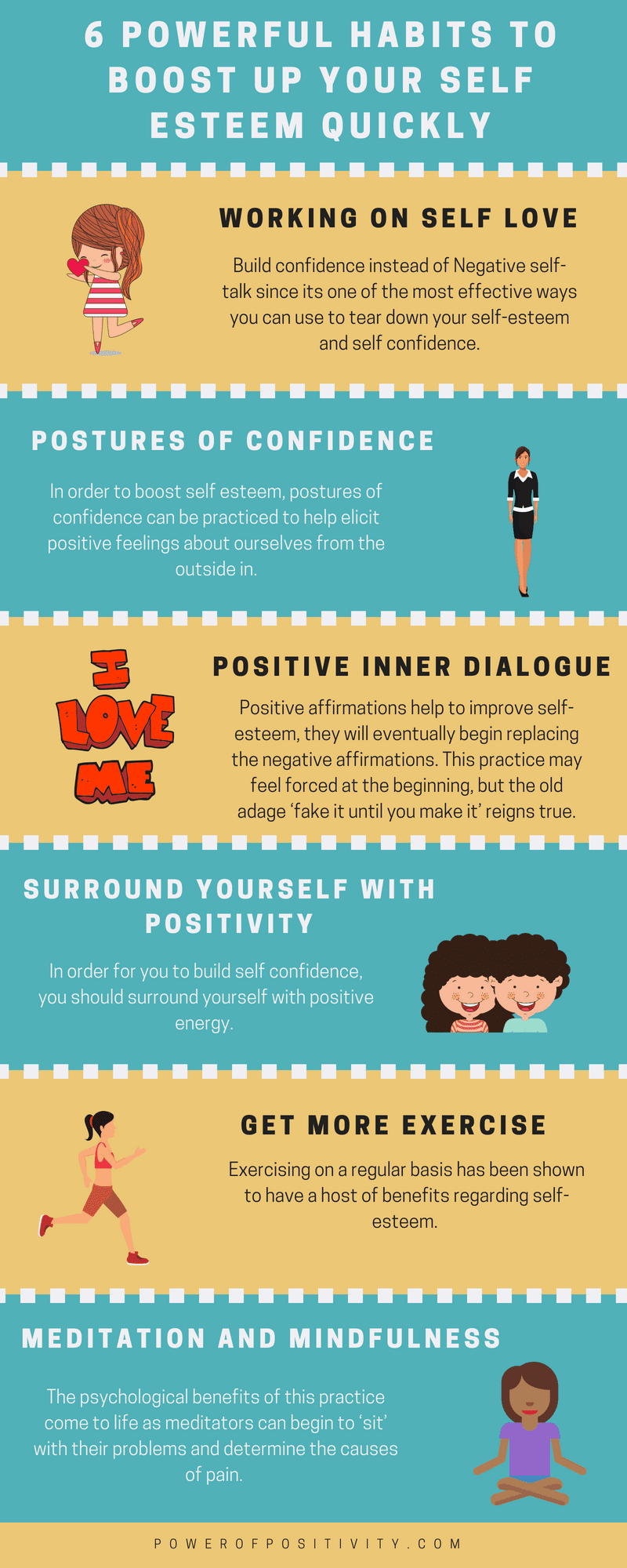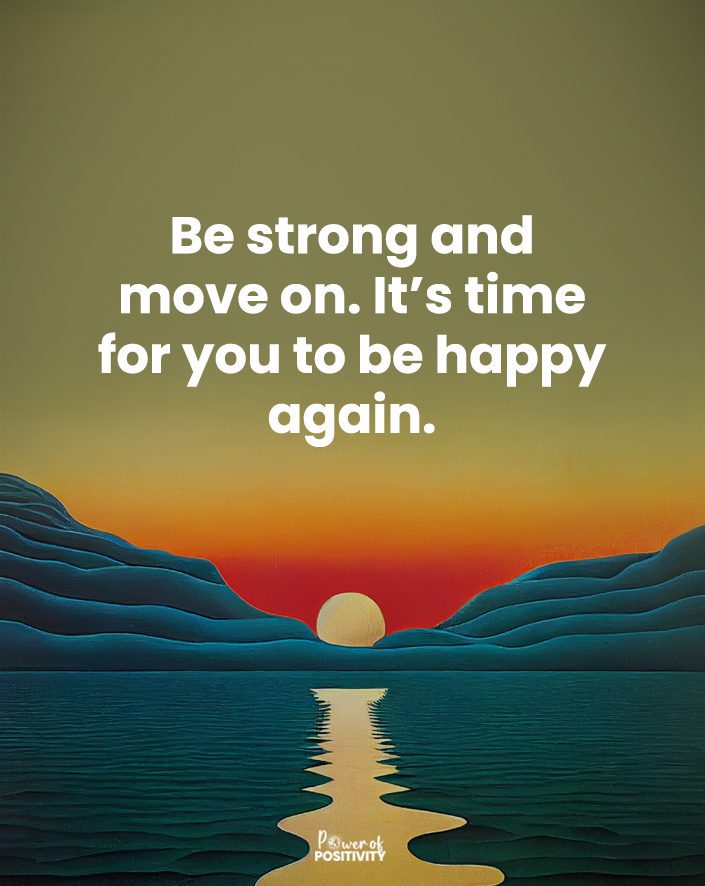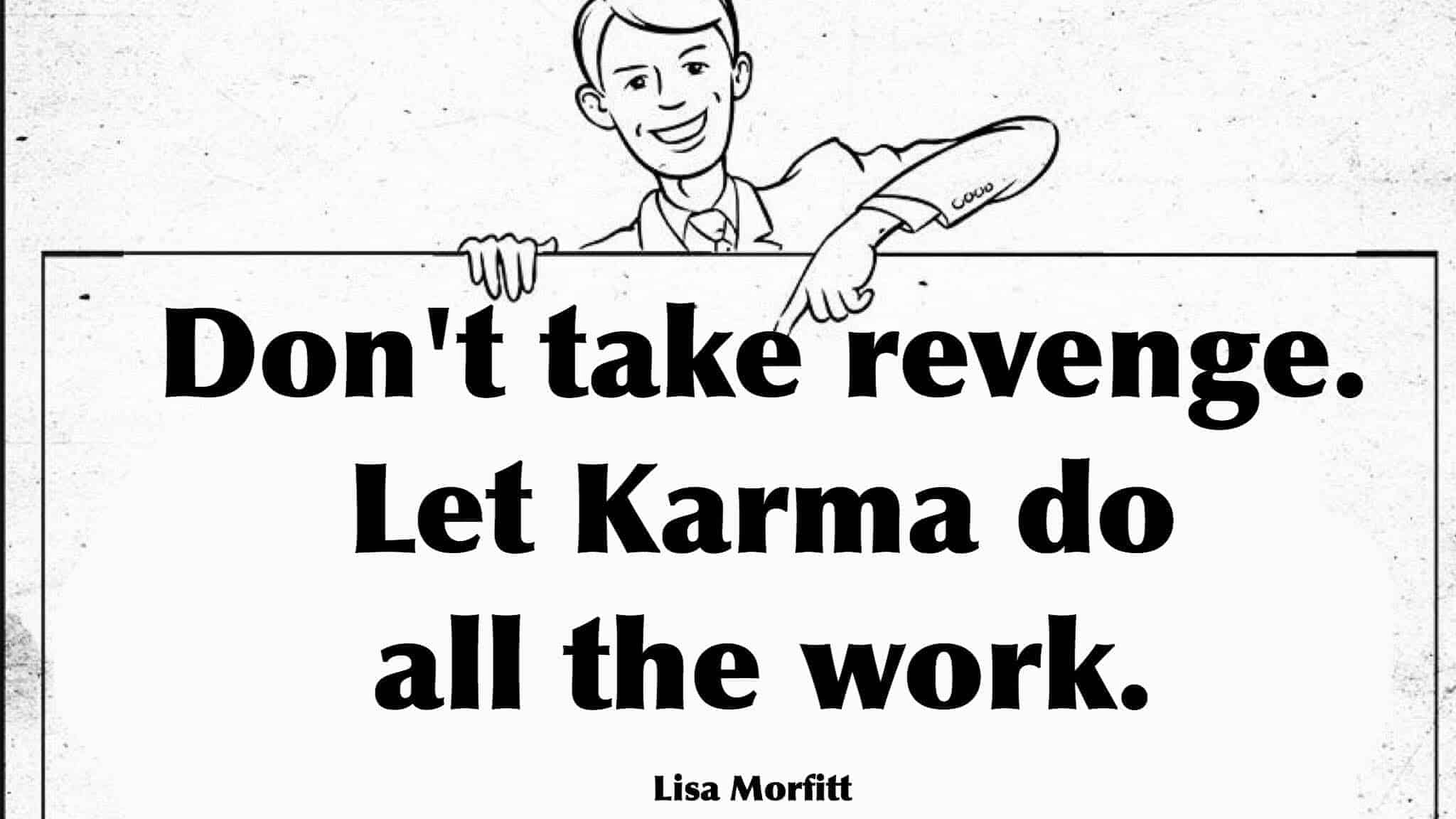“There is nothing on this earth more to be prized than true friendship.” – Thomas Aquinas
Friendship is one of the many amazing types of relationships that we can have with other people. For some people, friendship means having a lot of good friends. For others, it means having just a few close friends. And for some people, having one quality friend for life is enough.
Pastor, author, educator, and radio preacher Charles R. Swindoll once mentioned, “I cannot even imagine where I would be today were it not for that handful of friends who have given me a heart full of joy. Let’s face it, friends make life a lot more fun.”
Yes, friends make life worth living, but how do you know when you’ve found that one person who is going to be your friend for life? There are plenty of ways to tell when someone will stand up to the many trials and tribulations that come with being a best friend for life.
10 Behaviors of A Quality Friend For Life
1. They call us out when we’re wrong
A quality friend for life is going to be our conscience. They won’t let us get away with being wrong, especially when they know that we would rather be corrected. A quality friend won’t call you out just to argue, however, but they will let you know when you’re in the wrong, and they’ll make sure that they always have your back to correct you in any situation.
Certified psychiatrist and the director of the Cleveland Clinic Robert Rowney, D.O. says, “If it’s a superficial friend or a new friend, they’re not going to say anything that may be off-putting… But if it’s a real friend — someone you truly trust — they know they can tell you exactly what’s on their mind. People who are open and straightforward are some of the most important types of friends to have.”
2. They’re always there
Not physically- but they’re always extremely present when you’re with them. They don’t zone out or look at their phones when you’re in the middle of talking with them. Rather, a quality friend will make sure that they’re always listening to you, and responding to what you’re saying. They respect your thoughts, feelings and opinions and they’ll always be there – not somewhere else, while you’re talking.
3. They listen
And we mean really listen. A quality friend will be able to remember your opinions on anything, and they’ll always listen when you’re talking. They don’t just wait for their turn in the conversation.
“Good listeners really put everything down and focus on [the person in front of them]. And as a result, the other person becomes instantly aware that they have an interest in what they have to say,” says assistant professor at the University of Maryland School of Social Work Paul Sacco, Ph.D.
Quality friends actively engage in your discussion, and they’ll be able to give you strong and real opinions on what they think. You’ll be able to have a real, two-way discussion when you’re talking with a quality friend.
4. They’re there for us during the good times …
A quality friend is always going to be there for you when things are going good. They won’t be jealous or feel threatened by your success. They’re genuinely happy for you, and they genuinely want to see you succeed. You know that you have a quality friend when they’re the first person that you want to tell when it comes to all of the things going good in your life.
5. …and the bad times
But more importantly, your quality friend will be there for you when things aren’t going so well, either. They’re always going to be there to support you during bad breakups, job losses, fights with your partner or your family, and anything else that can go wrong in life. They’re not only invested in your friendship because you’re happy, but because they enjoy you as a person.
6. They help keep your stress under control
When life is going wrong, or your daily stressors are getting too much, your quality friend is going to make sure that they help you keep your stress under control. They’re always going to know when you need to check out and do something that isn’t stressful – like take a break or go out and do something fun.
Is that for real?
Yep, a study by the American Psychological Association mentions, “When a best friend was not present, there was a significant increase in cortisol and a significant decrease in global self-worth as the negativity of the experience increased. When a best friend was present, there was less change in cortisol and global self-worth due to the negativity of the experience.”
7. They also keep us humble
A quality friend will hype us up when we deserve it, but they won’t hesitate to let us know when we’re not doing our best, and that we can always do better. They’re there to make sure that your accomplishments get celebrated, without letting your ego expand. They remind you of your roots. A real friend won’t let you forget where you came from.
As Rowney mentions, “They knew you before you made it big or achieved any accolades. They know the deep-down, base version of you. So not only will they support you when you succeed, but they remind you [of] where you came from.”
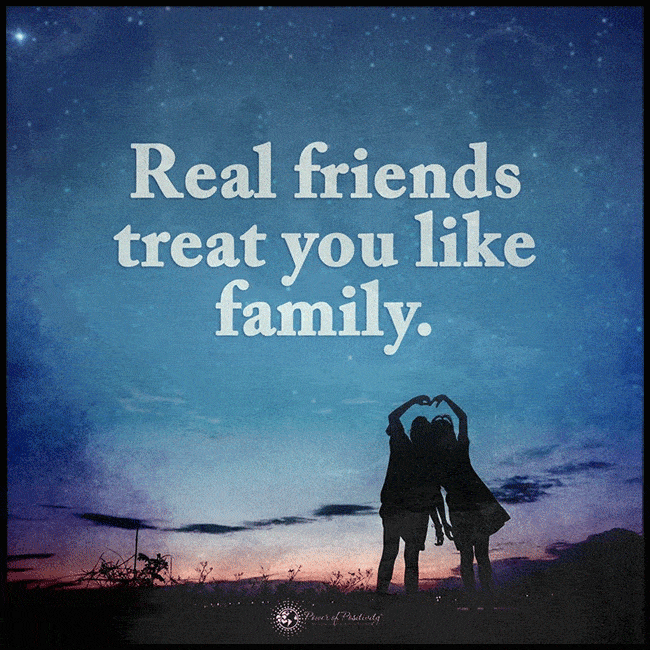
8. They always have your back
No matter what drama or trouble you get into, a quality friend for life is going to have your back. Whether it’s confronting a bad ex, or dealing with being unfairly passed over for a job promotion, your quality friend will always be the first one there to support you.
“Honesty isn’t always an easy thing, but it’s important to your bond. Swallowing that pill and being the best friend you can by being open with them always works out better,” adds Rowney.
Quality friends won’t ever let anyone treat you poorly, and they’ll always defend you against people who want to hurt you.
9. Your friendship is a priority
For some people, friendship doesn’t come first. Their families, jobs, relationships … all of those are things that can come before your friendship. But a quality friend for life will always make sure that your friendship is one of the top priorities in your lives. They’ll make sure that they always make time for you, no matter what.
10. They practice forgiveness
People fight. You can’t get through a relationship with any person without having an argument or two. For some people, getting into one disagreement spells the end of friendship. But for a quality friend, they will always learn to forgive you for your misgivings, just the way that you’ve learned to forgive them.
Randy Taran, author and producer of Project Happiness adds, “When conflicts come up, real friends have the courage to reach out directly rather than gossiping and letting irritations grow. Real friends understand, and because they understand they are capable of forgiving.”
Your friendship is for life, no matter what.
Final thoughts
A quality friend is someone who will be by your side no matter what. They’ll be there through the good times and the bad times. They’ll have your back, and won’t let anyone talk badly about you. You never have to worry about losing them, because they won’t ever want to lose you, either. That’s how you know that you have a quality friend for life.
https://youtu.be/PlNgf2RRH0U

